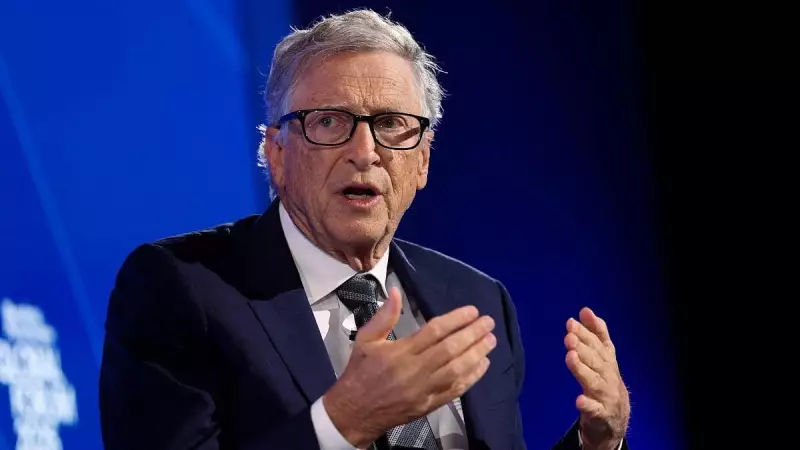
In a refreshing take on the climate change discourse, tech pioneer and philanthropist Bill Gates has pushed back against doomsday narratives, asserting that climate change will not spell the end of humanity. However, he was quick to clarify that this is not a reason for complacency, but rather a call for accelerated action.
A Realist's Perspective on a Global Crisis
Gates, known for his data-driven approach through his philanthropic foundation, acknowledges the severe and escalating impacts of climate change. He paints a picture of a world grappling with more frequent and intense extreme weather events, disruptions to agriculture, and significant economic costs, particularly for vulnerable populations.
The core of his argument is a critical distinction: while the consequences will be devastating and require immense adaptation, they fall short of an existential, humanity-ending event.
The True Path Forward: Innovation and Equity
Instead of focusing on fear, Gates champions a solution-oriented mindset. He identifies two parallel tracks essential for winning the battle against climate change:
- Mitigation through Breakthroughs: The primary weapon is a rapid and unprecedented reduction in greenhouse gas emissions. This, he argues, cannot be achieved by simply doing less, but by inventing more. The world needs a new arsenal of clean energy technologies, from advanced nuclear power and green hydrogen to next-generation solar and wind solutions that are both affordable and reliable.
- Adaptation with Justice: Recognizing that some climate effects are already locked in, Gates stresses the moral imperative of helping poorer nations adapt. This includes developing resilient crops, building better early-warning systems, and creating infrastructure that can withstand new climate realities.
Why Optimism is a Strategic Tool
Gates's message is ultimately one of cautious optimism. He believes that framing climate change as an insurmountable, apocalyptic force is counterproductive. It leads to despair and inaction. By presenting it as a monumental but solvable challenge, he aims to mobilize the brightest minds in science, business, and policy to drive the necessary innovation.
The underlying message is clear: The demise of humanity is not on the table, but the quality of life for future generations is. The choice is ours—to be remembered as the generation that debated the problem, or the one that engineered the solutions.





